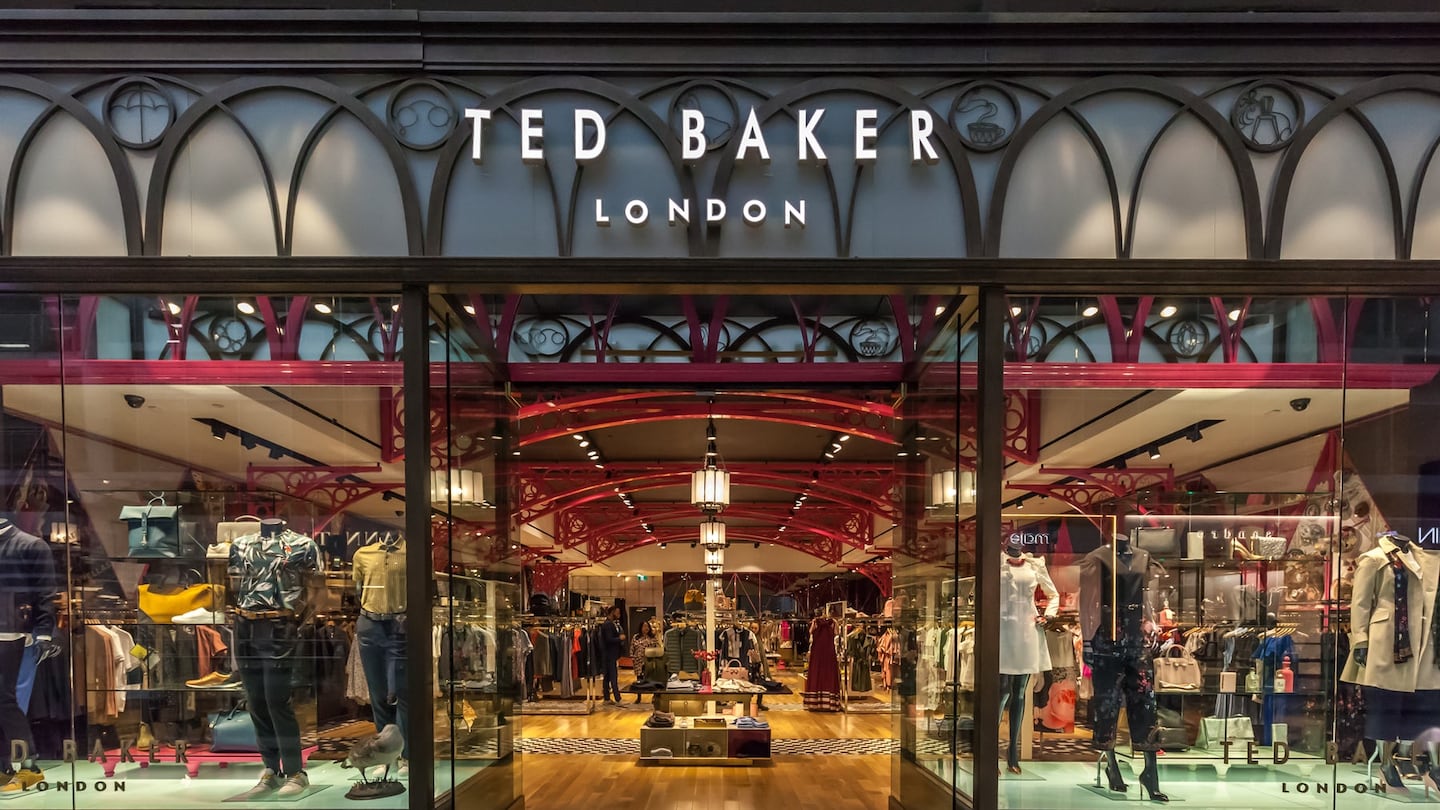
The Business of Fashion
Agenda-setting intelligence, analysis and advice for the global fashion community.

Agenda-setting intelligence, analysis and advice for the global fashion community.

LONDON, United Kingdom — Harassment claims against Ted Baker chief executive Ray Kelvin have cost the British fashion mogul more than £70 million ($90 million) in just two days, as shares of the clothier have plunged by as much as a quarter.
The London-based company’s stock fell as much as 14 percent Tuesday after trade journal Retail Week published an article in which it said it heard multiple accounts of staff hugs with Kelvin “turning into something else” and women being asked to sit on the founder’s knee.
Tuesday’s drop followed a 15 percent decline Monday as Ted Baker ordered an independent investigation after staff started a petition calling for Kelvin to stop hugging them. A spokeswoman said the company had no further comment since a statement Monday.
The company said then that while hugs are “part of Ted Baker’s culture,” claims of harassment are “entirely at odds” with the values of the company and its founder, who is 62.
ADVERTISEMENT
Kelvin owns about 15.5 million shares in the company he founded 30 years ago, according to Bloomberg data. His holding, equal to about 35 percent, was worth about 213 million pounds as of 11:52 a.m. in London, down from £284 million before news of the scandal emerged over the weekend.
Stifel analyst Scott Ransley cut his rating on Ted Baker to “hold” from “buy,” pending the outcome of the investigation. He said the negative publicity could be particularly damaging for womenswear sales in the run-up to Christmas, while the future of Kelvin’s shareholding might also be questioned.
By Joe Easton; editors: Beth Mellor, Eric Pfanner and Kenneth Wong; additional assistance from Sam Unsted and William Mathis.
As the German sportswear giant taps surging demand for its Samba and Gazelle sneakers, it’s also taking steps to spread its bets ahead of peak interest.
A profitable, multi-trillion dollar fashion industry populated with brands that generate minimal economic and environmental waste is within our reach, argues Lawrence Lenihan.
RFID technology has made self-checkout far more efficient than traditional scanning kiosks at retailers like Zara and Uniqlo, but the industry at large hesitates to fully embrace the innovation over concerns of theft and customer engagement.
The company has continued to struggle with growing “at scale” and issued a warning in February that revenue may not start increasing again until the fourth quarter.